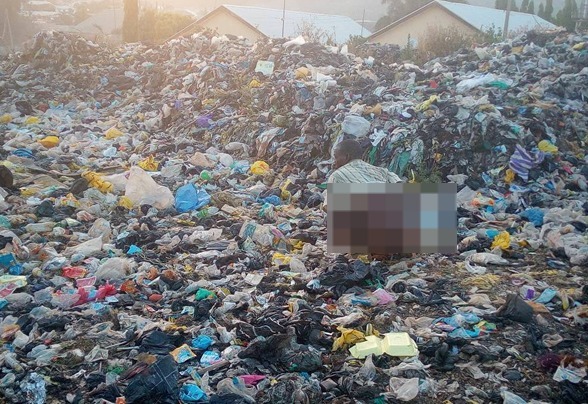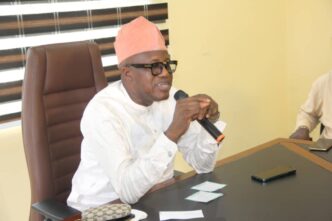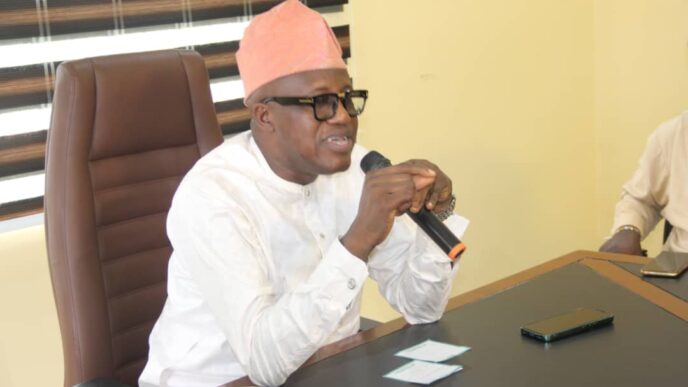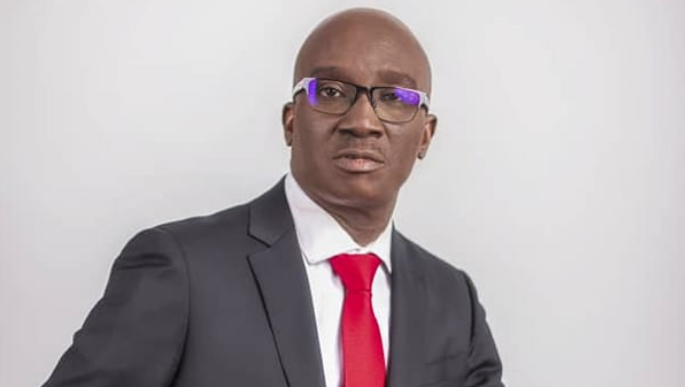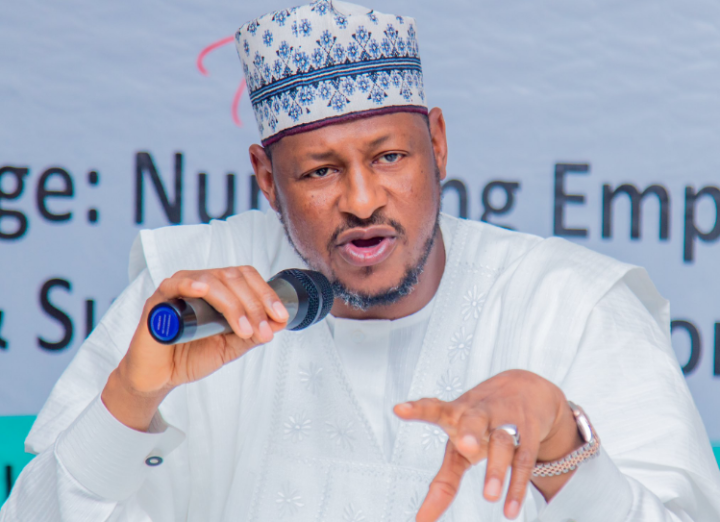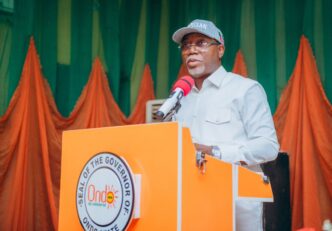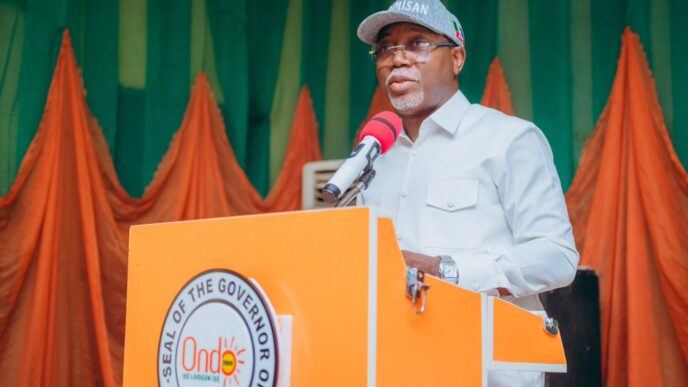A man engages in open defecation
The United Nations Children’s Fund (UNICEF) says over 600,000 residents in Kaduna state still practice open defecation.
Cristian Munduate, the country representative of UNICEF Nigeria, spoke in Kaduna on Friday at an event to officially validate nine LGAs in the state as open defecation-free (ODF).
The event brought together key stakeholders, including government officials, community leaders, and international partners, to recognise the progress made in eradicating open defecation and to recommit to the goal of achieving a state-wide ODF status.
Munduate said the LGAs account for nearly 40 percent of the population of Kaduna, marking a crucial step towards creating a healthier and safer environment for the state’s residents.
Advertisement
“Today’s achievement is a testament to the dedication of the Kaduna state government and its people. However, with over 600,000 people still practicing open defecation, our work is far from over,” she said.
“UNICEF remains steadfast in its support, and we urge all stakeholders to intensify their efforts to achieve a zero percent open defecation rate in Kaduna state as quickly as possible. The health and well-being of our children depend on it.
“Open defecation poses serious health risks, contributing to the spread of diseases like diarrhea, which is a leading cause of child mortality in Nigeria.
Advertisement
“It also exacerbates malnutrition and hinders economic growth by increasing healthcare costs and reducing productivity.
“With over 600,000 people in Kaduna state still practicing open defecation, this issue remains a critical public health challenge.”
Hadiza Balarabe, deputy governor of Kaduna state, said more work needed to be done despite the progress recorded in the state.
“Kaduna state is determined to achieve state-wide open defecation-free (ODF) status by 2025, as no challenge is insurmountable,” the deputy governor said.
Advertisement
“Open defecation leaves our communities vulnerable to preventable diseases, and we must ask ourselves: if one community is not ODF, are we not all at risk?”
Add a comment
